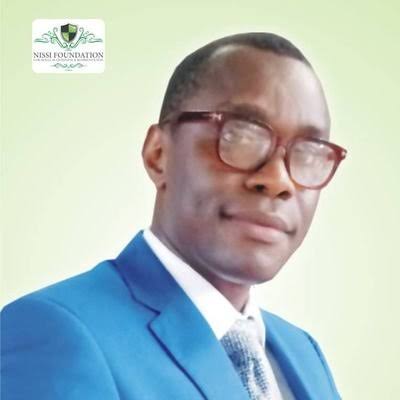In a world striving for equality and inclusion, the achievements of women continue to break barriers, shattering glass ceilings in public and corporate domains. The inclusion
of Mo Abudu, a celebrated Nigerian media mogul, and Dr. Ngozi Okonjo-Iweala, the esteemed Director-General of the World Trade Organization, on Forbes’ 2024 list of
the World’s Most Powerful Women serves as a reminder of what is possible when women rise to their full potential. Their inclusion on this prestigious list is not just a celebration of individual accomplishments but a call to action for a society where women can thrive equally alongside men in shaping the future.
Mo Abudu’s journey is a testament to how relentless pursuit of excellence can transform industries. As the brain behind EbonyLife Media, she has elevated African storytelling to a global platform, redefining narratives and challenging stereotypes.
Her work demonstrates how the creative and cultural sectors, often underrepresented in corporate discussions, can be powerful tools for driving economic growth and societal transformation. Similarly, Dr. Ngozi Okonjo-Iweala has consistently proven
that women can lead at the highest levels of global governance. As the first African and first woman to helm the World Trade Organization, she has demonstrated unmatched expertise in navigating complex global challenges. Her efforts to create a more equitable trading system resonate deeply in a world that often marginalizes the voices of developing nations. Her leadership is not just about breaking barriers; it’s about redefining them, offering a roadmap for how women in governance can contribute to policies that prioritize inclusion and fairness.
Despite these inspiring milestones, women worldwide continue to face systemic barriers that hinder their full participation in public and corporate life. Gender biases, wage gaps, lack of access to leadership roles, and societal expectations persist, reinforcing cycles of inequality. The underrepresentation of women in decision-making processes is not just a disservice to women; it deprives societies of the invaluable perspectives and innovations women bring to the table. Gender equality is not merely a moral imperative—it is a prerequisite for societal advancement.
Research has consistently shown that when women are included in leadership roles,organizations perform better. Companies with gender-diverse boards report higher profitability, and nations with more women in government tend to experience greaterstability and peace. Gender balance fosters empathy, collaboration, and innovation—qualities essential for addressing the multidimensional challenges of today’s world.
The ripple effects of inclusion extend beyond corporate boardrooms and government chambers. A society that prioritizes gender equality lays the groundwork for a cultureof respect and shared humanity. It challenges harmful norms, reduces incidences of gender-based violence, and promotes the education and empowerment of future generations. In essence, when women thrive, communities thrive.
As we approach 2025, it is imperative to amplify the call for women to step into spaces of influence boldly. The achievements of trailblazers like Mo Abudu and Ngozi
Okonjo-Iweala should inspire a new generation of women to embrace their potential and contribute meaningfully to societal progress. Women must rise, not as exceptions but as equals, driven by the belief that their voices and actions are integral to shaping a more inclusive and peaceful world.
The journey toward gender balance and inclusion is not one that women should walk alone. It demands allyship, systemic change, and a collective commitment to dismantling the barriers that hold half of humanity back. In doing so, we unlock the limitless potential of women to create a society rooted in equity, harmony, and shared prosperity.
The world needs women to lead—not tomorrow, but today.
1 Corinthians 11:11-12: “But among the Lord’s people, women are not independent of men, and men are not independent of women.
Prof. Ofonime Emmanuel Bassey is a consummate professional with more than thirty (30) years work experience in Consulting, Conflict Resolution, Peace Building, Security, Law Enforcement, Academia, United Nation Peace Mission and an Apostolic Leader.
Ofonime is an author of more than thirty (30) books, a certified United Nation’s Trainer, and currently a Professor of Leadership, Peace, and Conflict Resolution with ICOF University, USA/Zambia and a Professor of Peace Education with Charismatic International University, Cameroon.
With his marks well-established in Peace Leadership both in Nigeria and Africa, he is the President/Chancellor, NISSI Safety Management Institute: An Institute famous for Peace Leadership. Presently, he is spearheading a campaign tagged “The Next Peace Leaders”, a campaign that is billed to run from 2022-2030 with a target of training 37,000 young peace leaders.
For leadership, conflict, peace and security consultations and trainings, reach him via:
Facebook: Dr. O.E Bassey
LinkedIn: Dr. O.E Bassey
X: Dr. O.E Bassey
WhatsApp: +2347065828892
Mail: emmanuelbassey@gmail.com
Share your story or advertise with us: Whatsapp: +2347068606071 Email: info@newspotng.com











